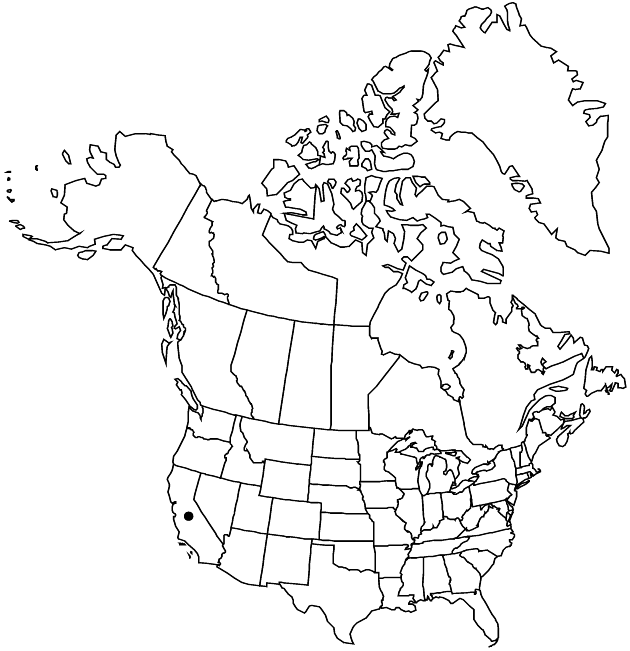Difference between revisions of "Dieteria canescens var. ziegleri"
Sida 20: 1396. 2003.
Endemic
Basionym: Machaeranthera canescens subsp. ziegleri Munz Aliso 7: 65. 1969
Synonyms: Machaeranthera canescens var. ziegleri (Munz) B. L. Turner
imported>Volume Importer |
imported>Volume Importer |
||
| Line 59: | Line 59: | ||
|publication year=2003 | |publication year=2003 | ||
|special status=Endemic | |special status=Endemic | ||
| − | |source xml=https:// | + | |source xml=https://bitbucket.org/aafc-mbb/fna-data-curation/src/2e0870ddd59836b60bcf96646a41e87ea5a5943a/coarse_grained_fna_xml/V19-20-21/V20_915.xml |
|tribe=Asteraceae tribe Astereae | |tribe=Asteraceae tribe Astereae | ||
|genus=Dieteria | |genus=Dieteria | ||
Latest revision as of 20:06, 5 November 2020
Subshrubs. Stems usually more than 1, ascending to erect, puberulent or canescent, sparsely or not stipitate-glandular; branches divaricate to ascending. Mid leaf blades lanceolate to linear. Peduncles equaling or longer than involucres. Involucres broadly turbinate to hemispheric, (10–)12–16 mm. Phyllaries in 5–10 series, reflexed, apices densely stipitate-glandular. Ray florets pistillate, fertile. Cypselae sparsely to moderately appressed-hairy.
Phenology: Flowering Jul–Oct.
Habitat: Pine forests in the Santa Rosa Mountains (Riverside County)
Elevation: 1400–2500 m
Discussion
Selected References
None.
Lower Taxa
None.
